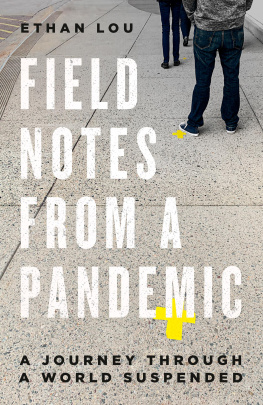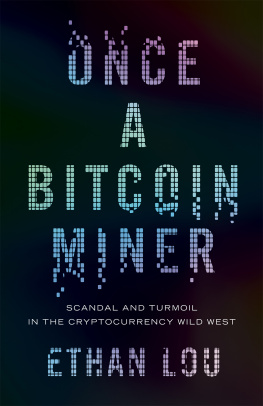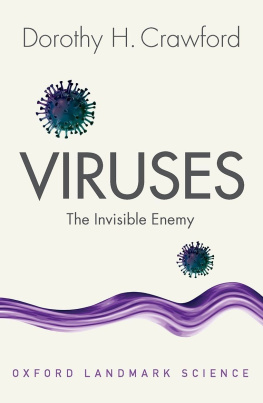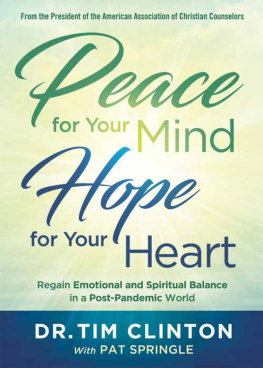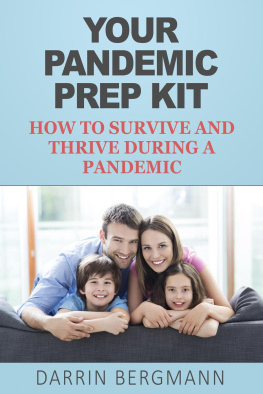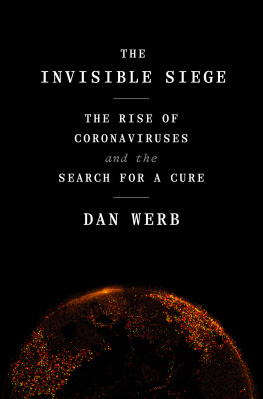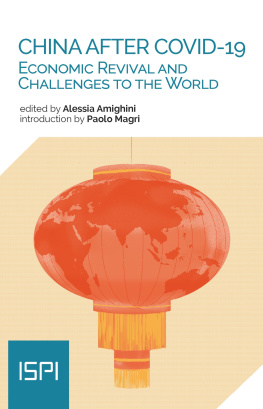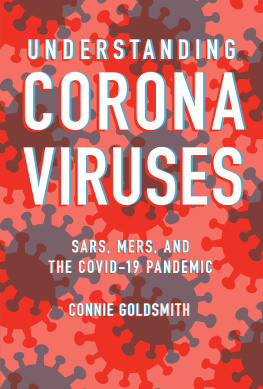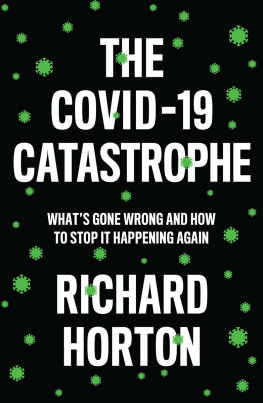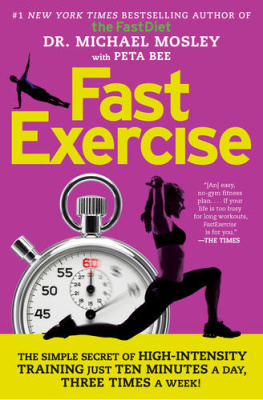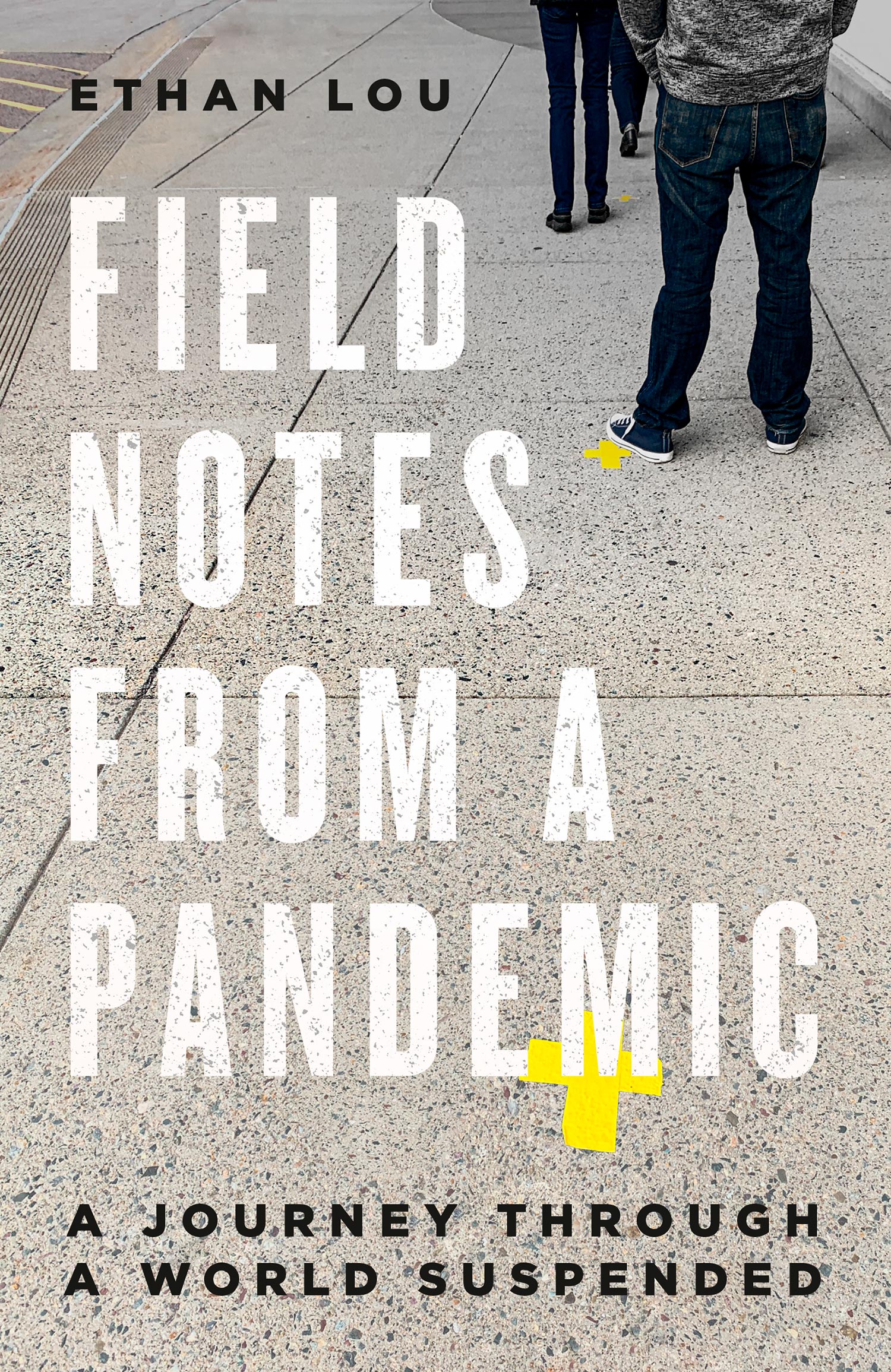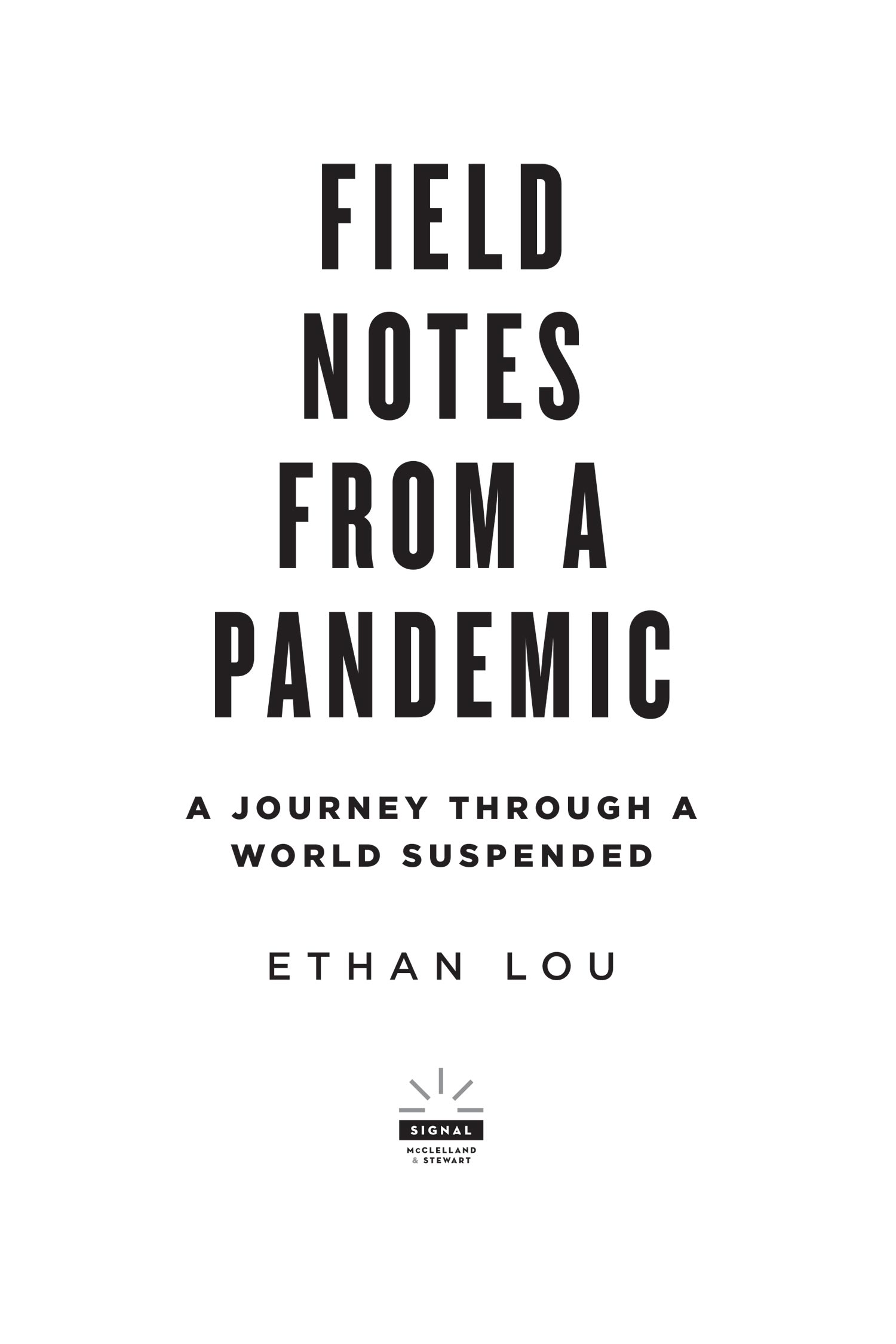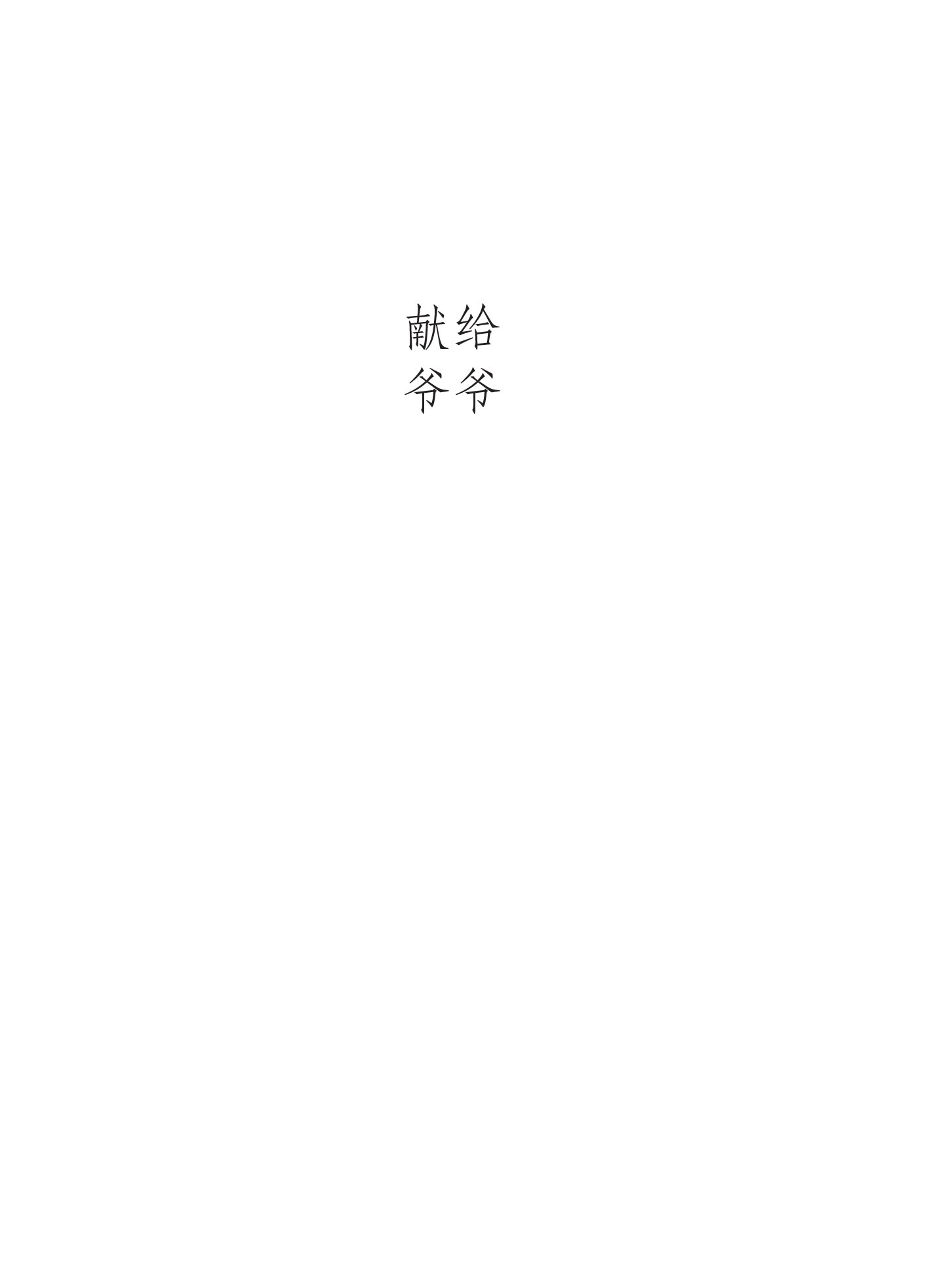PROLOGUE
Before I left for my travels, a trusted friend, a man of few words, all of which nonsense, offered practical advice. Dont die, he said. Im glad I listened. I did write a fair bit, though.
In times of crisis, I like to think, we are pared down to our most basic parts, our core functions. I am a journalist. I observe and I document. I scribbled from the field. I wrote from train cabins and airport benches and government-imposed quarantine, from an address once occupied by the composer Mozarts cousin.
It may or may not be relevant that I was born in China, although my family moved to Germany a year later, and then to Singapore before ending up in Canada, where I still live and work. While Toronto is my home base, I have written for international news organizations and have spent a lot of time travelling. I like to think Im comfortable being anywhere within reason, of course. This particular trip was certainly not one I had any intention of writing about. In fact, it was a trip to decompress after finishing another book altogether. I was to return to all the places Id known and lived and more. I could not have foreseen the eventual upheaval and chaos of COVID-19 few could, most experts included. Even after being in China, my first stop, I expected other countries to remain unaffected. Then, as I moved on, I would look over my shoulder to see the plague had followed.
COVID-19 (coronavirus disease 2019) most likely originated in bats, moved on to other animals, and then crossed into the humans that handled them in a so-called wet market selling fresh meat and fish. The first cases detected in Wuhan, Hubei province resembled lung infections and were reported to the World Health Organization on New Years Eve, 2019. Most people infected experience mild to moderate symptoms and do not require much, if any, treatment. Some may not even know they have it. But the elderly, and those with underlying issues such as diabetes, respiratory diseases, or cancer, often become seriously ill and even die. Experts quickly developed vaccines for trial, but they basically knew nothing about this novel coronavirus in the beginning. Suffice to say, there is still a lot we dont know about the virus and how it works, this tiny, thorny sphere of genetic material, a hundred million of which can fit on the head of a pin.
What we do know, without question, is the devastation in its wake, and the deep foreboding within that it will change life as we have known it. Six months after COVID-19 was discovered, what began in a market in Chinas ninth most populous city has already spread to nearly every country, with almost nine million cases and half a million deaths. At the root of such ongoing meltdown, mayhem, and lockdown the virus spread through droplets, expelled by those infected in a sneeze or cough or even, as research suggests, in just their exhaled breath. Death hovered through the air, each and every one of us a potential agent for an enemy we could not see.
Despite evoking parts of history, this pandemic is different from everything weve seen in the past. Our world is more tightly integrated than ever, yet we were caught so unprepared and divided. We have become good at avoiding world war and nuclear destruction. Then along came an infected bat, and everything escalated with alarming speed and tenacity. The virus wiped away public life, eroded civil liberties, and decimated economies. It dealt distrust. And so, it will feed frustration and fear. It will stoke nationalism and fuel authoritarianism. It will upset long-standing balances of the world. While this is a travelogue of sorts, it is also about how everything we know will be changed by this thorny, microscopic sphere, and how the decisions made now, or indecisions, will shape and define the world for decades.
It all began for me, at least on January 23, 2020, two days before Chinese New Year, the Year of the Rat.
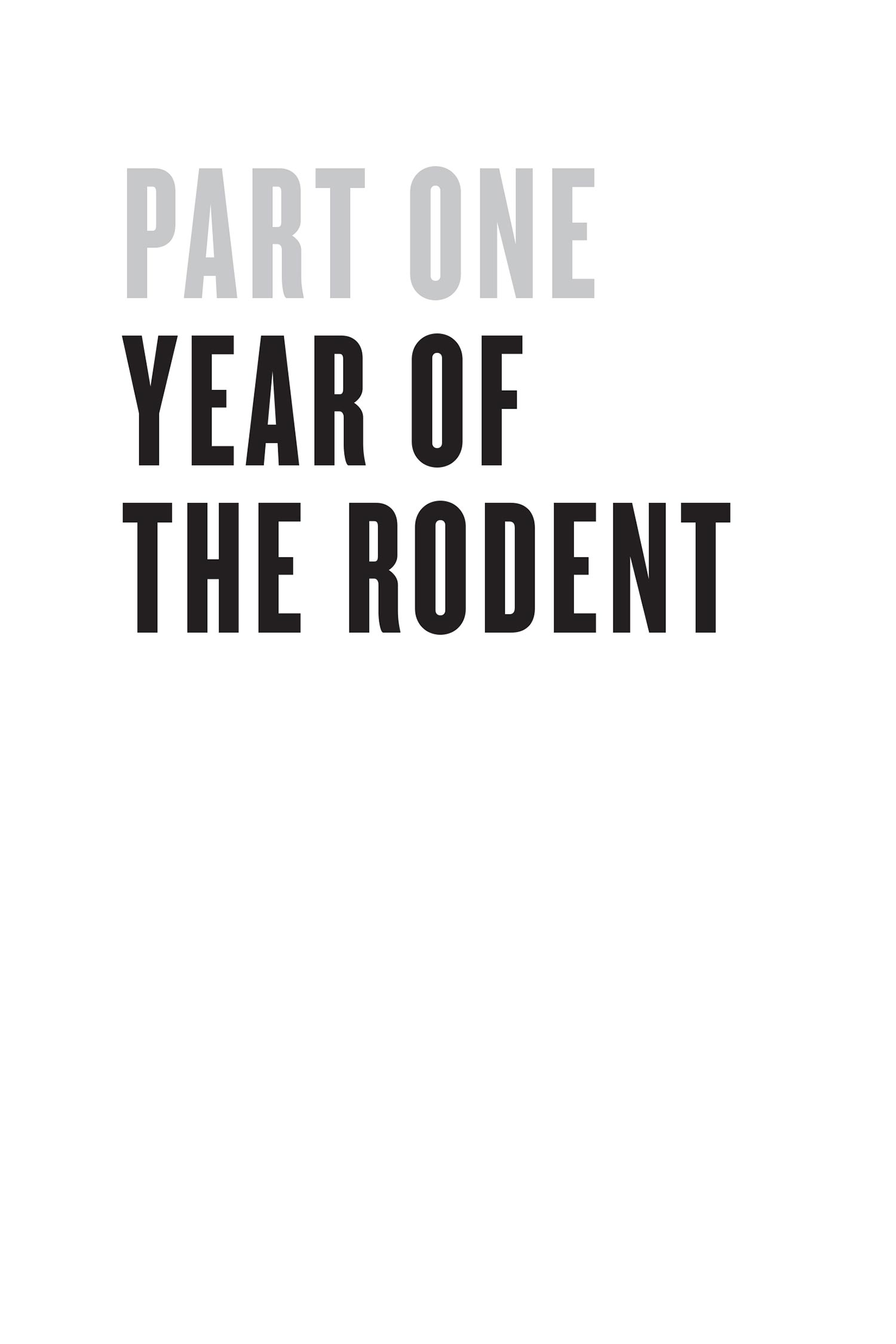
1
The COVID-19 plague was already in the news when I left for Beijing from Toronto. But there was another knowledge within me, rumbling no less uneasily: my grandfather in China was dying. He had worsened so much in the past year, my father had once told me to prepare a dark suit. For one reason or another, I had already delayed going to see him, and I could not put it off any longer. There was no question in my mind about this.
The trip to China was also to be the first leg of a long vacation around the world, for I had just finished the torturous task of writing another book, which is about the strange and complicated world of Bitcoin. I had planned more than a dozen stops, some for the sights, some to see friends and other family, for mine are scattered. I usually fly trans-Pacific once a year. This, though, was definitely one of my bigger trips. It had been in the works for months, meticulously planned. The bar for postponing it was high, and it hadnt quite been reached.
This was all back in January of 2020. The World Health Organization had not yet declared a global emergency. No travel restrictions were imposed, no lockdowns in place. The morning I left, an email newsletter I subscribe to had just two lines and one cartoon about what was then an odd little phenomenon that hadnt even been officially named. To be sure, I was far from unmoved the shadow growing in the East and the first whispers of what may come; a novel strain of the coronavirus from China that causes breathing difficulties and is potentially fatal Id seen it before, a more lethal version. I lived through the SARS epidemic in Singapore. But while Ive never forgotten, I also no longer feared.

